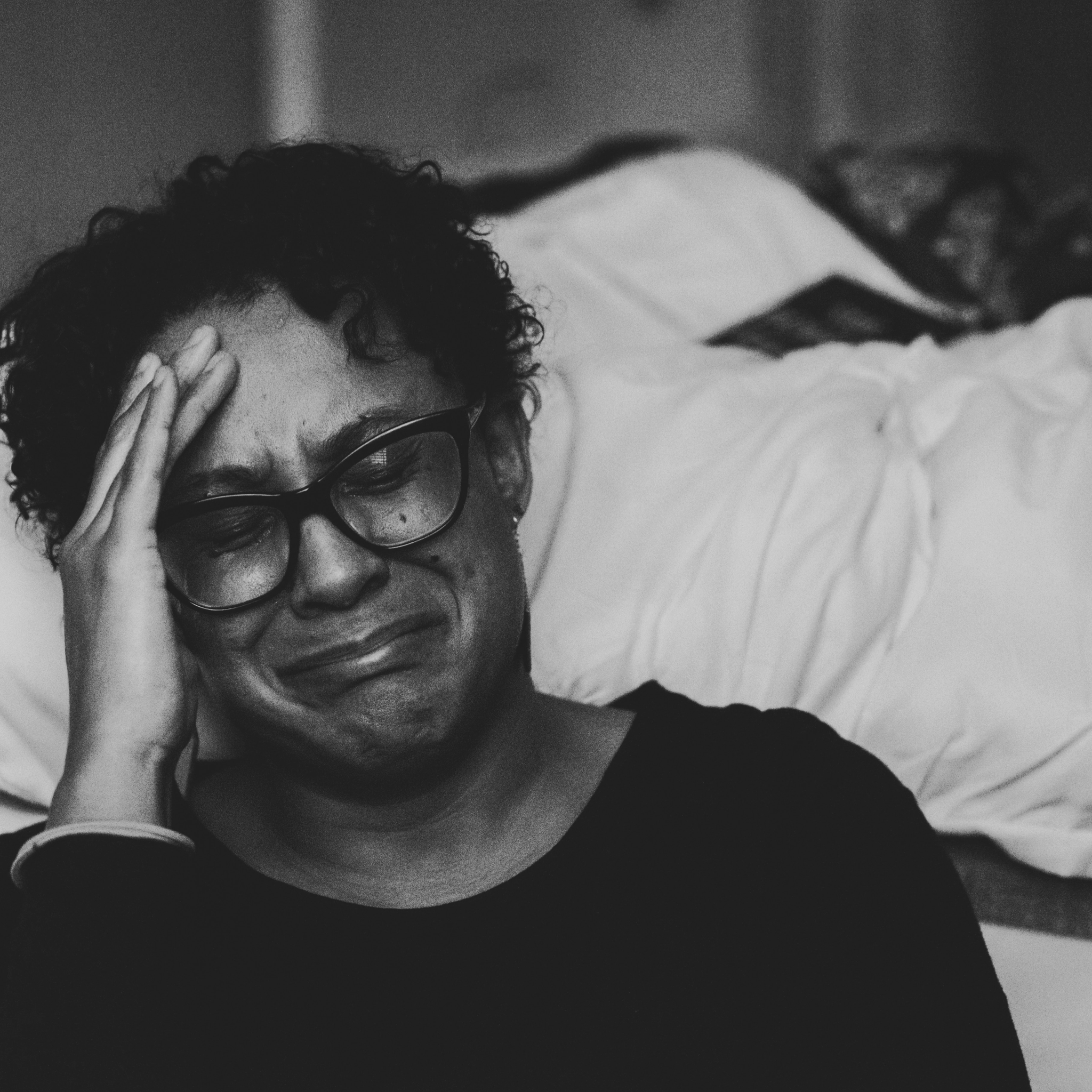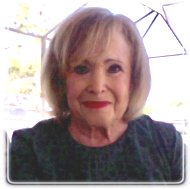 In the American culture, dealing with loss, especially death, is a theme that few know how to handle. How long do I mourn? Am I allowed to laugh? These are among the questions that arise. There is, of course, no consensus as to what is appropriate. It is hard for mourners to accept that often the direction is dependent on the beliefs of the survivor.
In the American culture, dealing with loss, especially death, is a theme that few know how to handle. How long do I mourn? Am I allowed to laugh? These are among the questions that arise. There is, of course, no consensus as to what is appropriate. It is hard for mourners to accept that often the direction is dependent on the beliefs of the survivor.
There are rituals that many depend on that have to do with burial, congregating with others, and lionizing the individual who has perished. The current situation, with the covid-19 virus, has turned many trustworthy customs on their ear.
What does one do when there is widespread grief (worldwide) and an individual loss, in the eyes of others, is minimized? Times, such as these, have restricted access to comfort.
It is, now, often, not possible to stand at the bedside of a loved one as his/her life wanes. It is common to project fears onto the person who is ill, that we, ourselves, hold. Many are left with the feeling that they have abandoned someone whom they have held dear. In truth, no one knows if the one who is dying is aware of an absence, or even cares that certain individuals are not present.
Traditions, such as the wake have been suspended. For some, the inability to view the body of the deceased prevents them from really believing in the reality of the death. What some call “closure” is not available to these individuals.
Some families have turned to digital solutions, such as Zoom. Sometimes individuals who were especially meaningful to the deceased are asked to speak at these events. Reports indicate that such services can be touching and meaningful. There is a sense of community at these times, but… who can you hug?
Humans are wired to seek reassurance and comfort from others — especially those who share a similar history with the person who has died. Pat phrases of condolence rarely fill the bill. A wordless in-person hug and sharing of tears indicate a mutual understanding of the loss.
Presently, just about everyone is grappling with varying layers of grief. Changes in routines, loss of employment, loss of homes, the inability to share (in person) celebrations.
During the holiday season of 2020, decisions were made as to whether it was safe to travel to spend time with a loved one. There was uncertainty as to which safety measures would reliably protect from catching and spreading the virus. Was it safe to buy a bottle of water at the airport — who handled it, how recently? Instructions were contradictory. No one really knew what to do. There were those who rebelled against mask-wearing. They believed this suggestion violated human rights.
There has been disagreement coming from all directions. A substantial number of people believed it was safe to have close contact with those they knew. The problem was that it was impossible to know which chain of contacts each individual had experienced.
A small wedding of 62 people in Maine resulted in at least 178 infections. Certainly hosts and guests counted on being safe in a gathering of familiars. The lack of understanding of the path of infection persuaded people that such gatherings were safe. Truth be told, there is still a great deal that is not understood about covid-19.
A weariness has set in. Even the most judicious are weary of, not only mask-wearing and social distancing, but of being afraid. Living in a constant state of fear is not normal. Our bodies seek homeostasis. There has been an outcry from individuals missing hugs and other forms of physical connection.
A surge in pet, especially dog, adoption has been one of the by-products of social isolation. This is a double-edged sword. Time will tell if the new owners keep their new companions when the crises is over. At the moment the shelters are celebrating the volume of adoptions. On the other hand, as people die from covid, animals that have been left without a safety net are flooding the shelters. Many of these dogs are suffering from the loss of their owners and the only home they have ever known. The ripple effects of the tragedy that the virus is leaving behind are immeasurable.
The virus is invisible. Unlike measles, chicken pox, or even leprosy, there is no visible evidence of the virus as it spreads from person to person. Initially, a fair number of individuals did not believe the virus was real. There are still holdouts who call it a hoax, but the larger portion of the population accept the reality, even as they protest the suggested protective measures to mitigate the spread.
The front line workers: even long-time professionals are experiencing an unimagined volume of death. The effect is hard to describe. The route from hospital to home, brings with it the possibility of infection being passed along to family members. These heroes are more than exhausted and traumatized by the service they provide. Will any one of them, unknowingly, infect someone they love?
It is presumed that the numbers of workers who will exhibit symptoms of PTSD will continue to climb. The amount of professional help that must be provided is impossible to estimate. As a rule, 5 to 10% of the population holds the diagnosis of PTSD. It is possible, that this percentage will rise to 40% before normalcy (or some semblance of normalcy) returns.
Some turn to the teachings of their religions or spiritual beliefs. This is an effective choice. These individuals may escape the haunting conviction that there were better decisions than those chosen. A genuine belief that life events are preordained, or a result of the directive of a deity or the universe remove the onus of the outcome from the shoulders of all involved.
Unusual times and unusual perils. A threat without a countenance. This is an excellent time to practice Mindfulness and staying in the moment. The individual has no control, and it makes no sense to borrow calamity from the future. Count your blessings and simply do the best you can.
CITATIONS
(05/07/2020) “Dying-And Grieving- During a Pandemic deathwithdignity.org
(08/21/2020)“Dealing With Grief and Loss During Covid-19” cedars-sinai.org
Berinato.S ((03/23/2020) “The Discomfort You’re Feeling is Grief” hbr.org
Graham. J (02/12/2020) “For Every Death From Covid, Nine Family Members Affected” (08/12/2020)
Pinsker.J (05/01/2020) “All The Things We Have to Mourn Now”theatlantic.com
Weir.K (06/01/2020) (06/01/2020) “Grieving Life and Loss” apa.org
About the Author

Ruth Gordon
, MA/MSW/LCSWI bring with me +30 years of experience as a clinician. My Masters degrees are from: Assumption College, Worcester, MA, Master of Arts in Psychology & Counseling/ and Boston University School of Social Work, Boston, MA, an MSW in Clinical Social Work. This is the 11th year I have written a monthly newsletter that is sent to approximately 500 individuals. The archive can be found on my website, www.foreverfabulousyou.com.
Office Location:
The OC Building, 11983 Tamiami Trail, N., Naples, FL 34110
Naples, Florida
34110
United States
Phone: 239 293-4314
Contact Ruth Gordon
Professional Website:
www.foreverfabulousyou.com